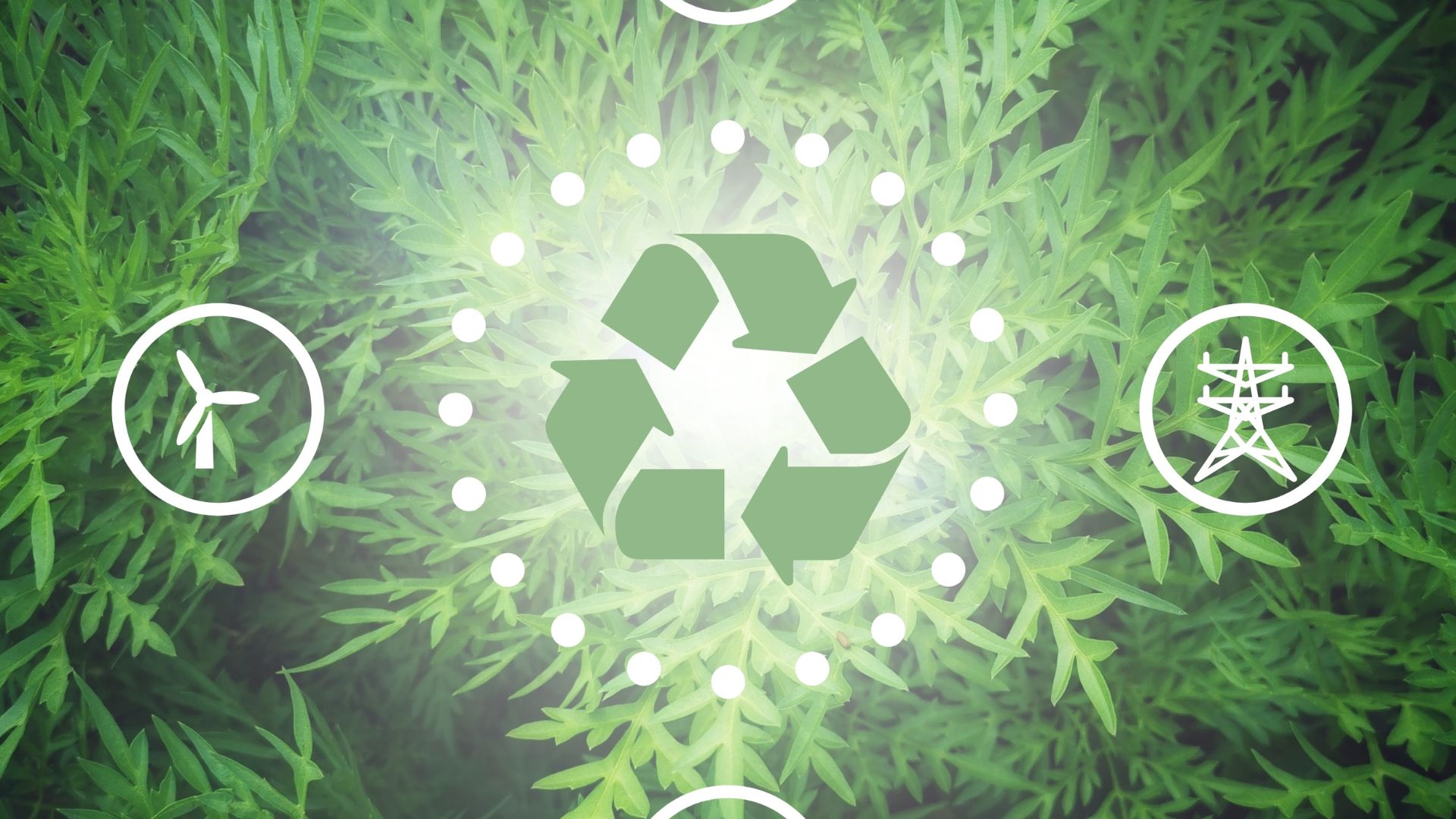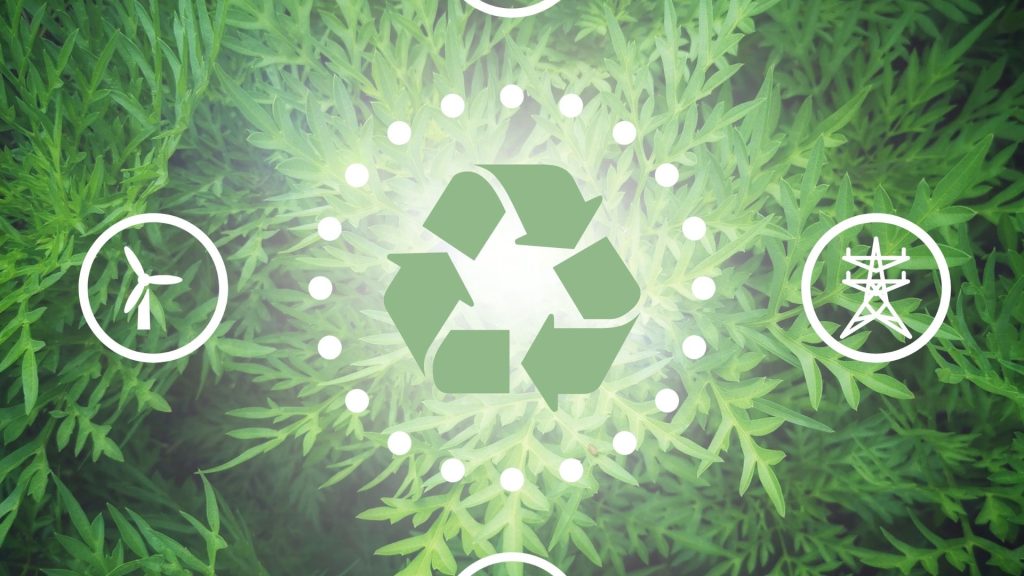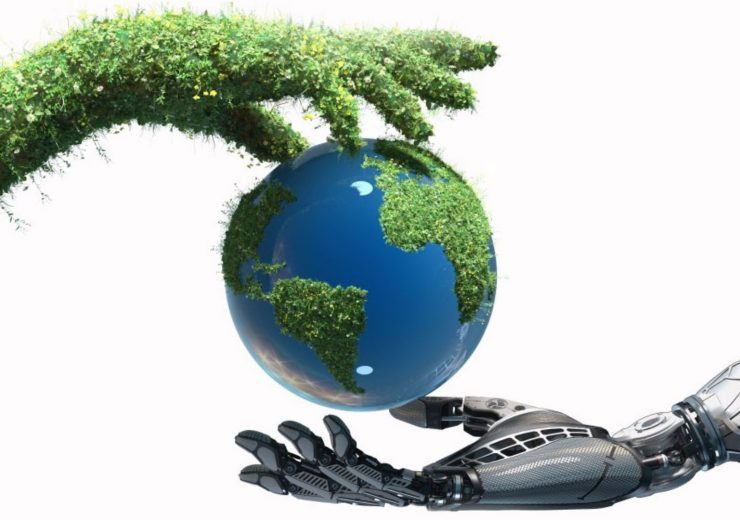AI and Climate Change: How Artificial Intelligence Can Save the Planet

AI and Climate Change: How Artificial Intelligence Can Save the Planet

In the battle against climate change, artificial intelligence (AI) is emerging as a crucial ally. With its capability to analyze large datasets and predict future patterns, AI is revolutionizing our approach to environmental management. This article delves into how AI technologies are being utilized to combat climate change, from optimizing energy use to monitoring deforestation and aiding in climate research.
AI’s Role in Climate Mitigation
Optimizing Energy Consumption
AI is instrumental in making energy systems more efficient. Smart grids powered by AI optimize the distribution of renewable energy based on supply and demand dynamics. AI algorithms manage and reduce energy consumption in buildings and industrial processes, significantly lowering greenhouse gas emissions.
Advancements in Renewable Energy
AI is accelerating the development of renewable energy technologies. By predicting weather conditions, AI enhances the efficiency of solar and wind energy production. AI also helps in designing more efficient wind turbines and photovoltaic cells, making renewable sources more viable and cost-effective.
Sustainable Agriculture Practices
AI-driven technologies are revolutionizing agriculture by enabling more sustainable practices. Precision farming techniques, such as AI-controlled drones and sensors, monitor crop health and soil conditions, reducing the need for water, fertilizers, and pesticides. This not only decreases agricultural emissions but also boosts productivity and sustainability.
Monitoring and Enforcement
Detecting Deforestation and Illegal Logging
AI is crucial in monitoring environmental compliance and forest conservation efforts. Satellite images analyzed by AI can detect changes in forest cover in real-time, identifying illegal logging activities and providing data necessary for enforcement actions.
Air Quality Monitoring
AI-powered sensors and networks monitor air quality across vast areas, detecting pollutants and their sources with high precision. This real-time data allows for quicker responses to pollution incidents and better regulation of industrial emissions.
Climate Research and Modeling
Enhancing Climate Models
AI improves the accuracy of climate models by handling complex variables and simulating multiple scenarios. This helps scientists predict climate changes more accurately and assess potential impacts, guiding policymakers in crafting informed climate strategies.
Ocean and Wildlife Conservation
AI tools analyze data from ocean sensors and satellite imagery to monitor marine environments and wildlife, assessing the health of ecosystems and the impact of human activities. This information is vital for protecting endangered species and conserving biodiversity, which is crucial for maintaining the planet’s health.
Challenges and Ethical Considerations
Data Accuracy and Bias
While AI offers significant advantages, the accuracy of its predictions depends on the quality of data. Biases in data can lead to inaccurate conclusions, potentially diverting resources from effective climate actions.
Energy Consumption of AI Systems
AI systems themselves consume considerable energy, particularly for training large models. The environmental impact of running these systems is non-trivial and must be managed responsibly.
Future Directions
Integrating AI with IoT
Combining AI with the Internet of Things (IoT) can enhance data collection and analysis capabilities, providing more granular insights into environmental conditions and enabling more precise interventions.
Developing Global AI Strategies for Climate Action
There is a growing call for international collaboration on AI strategies to address climate change. By sharing innovations and aligning goals, countries can leverage AI more effectively to tackle global environmental challenges.
Artificial intelligence has the potential to be a game-changer in our fight against climate change. By harnessing AI’s power, we can enhance our understanding of environmental issues, improve regulatory compliance, and develop sustainable practices that contribute to global ecological balance. The journey is complex and fraught with challenges, but the promise AI holds for our planet is too significant to ignore.



